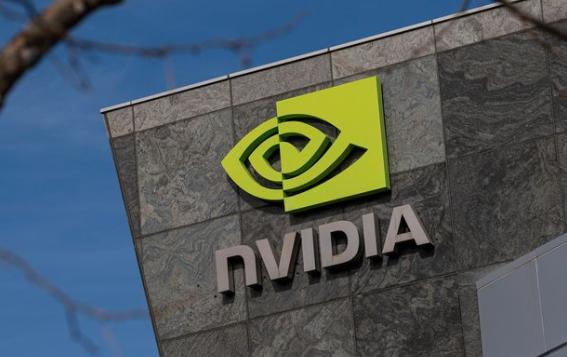
On January 26, according to first financial reports, Nvidia responded to rumors of abandoning the acquisition of Arm: "We continue to hold the views detailed in the latest regulatory documents - this transaction will provide opportunities to accelerate Arm and promote competition and innovation." The News reported by Bloomberg that "Nvidia told partners that the deal is not expected to be finalized" was untrue.
On Jan. 25, Bloomberg reported that people familiar with the matter said that with almost no progress in obtaining approval, Nvidia was ready to abandon the $40 billion acquisition of British chip design company ARM.
Nvidia has informed partners that it does not expect the deal to be completed, the source said. Another source revealed that SoftBank is stepping up preparations for ARM's initial public offering as an alternative to the Nvidia acquisition.
According to Reuters, NVIDIA did not immediately respond to Reuters' request for comment.
In September 2020, Nvidia announced a $40 billion acquisition of ARM, a British chip design giant owned by SoftBank Group. The deal was originally scheduled to close in March 2022, but NVIDIA CEO Jen-Hsun Huang had previously admitted that the deal could not be completed before that deadline.
It is understood that the acquisition plan has been closely watched and blocked by antitrust regulators from countries such as the United Kingdom, the United States and Europe, who are worried that the transaction will weaken the competitiveness of regional markets.
ARM's chip design is known for its low power consumption. Through chip design licensing, more than 95% of the world's smartphones and tablets are currently armed.
According to previous reports, critics fear that a merger with Nvidia, which designs its own chips, could limit ARM's "neutrality," restrict competitors from using its semiconductor designs, and could lead to higher prices, fewer choices and fewer innovations in the industry; but Nvidia argues that the deal will lead to more innovation and that the chip industry as a whole will benefit from its increased investment. (Proofreading/New)